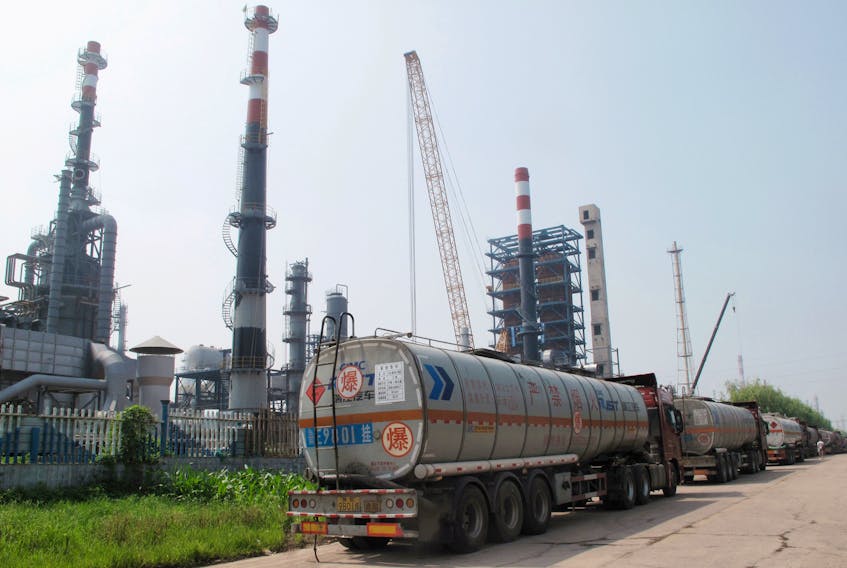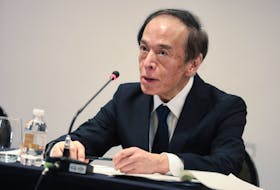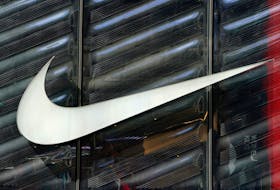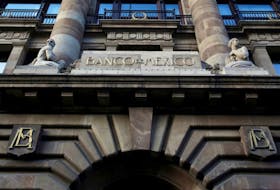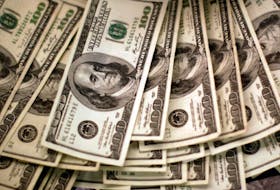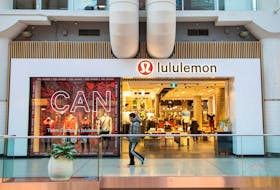By Seng Li Peng and Jane Chung
SINGAPORE/SEOUL (Reuters) - Profits from making petrochemicals in Asia have plunged to their lowest in months as the unrelenting trade conflict between Beijing and Washington stifles Chinese demand for chemicals and plastics just as waves of new production start to come on line.
The global output capacity for polyethylene, a key ingredient for plastics used in everything from piping to toys, is expected to exceed demand by 3 million tonnes by the end of 2020, compared to overcapacity of 545,000 tonnes in 2019, data from commodity consultancy Wood Mackenzie showed.
That comes as new production is set to crank up in China, South Korea and Malaysia, although the United States and the Middle East will account for more than half of the new volumes.
"In the next two years, the operating rates (of polyethylene units) will be impacted as the capacity additions are faster than the demand addition," said U.S.-based Wood Mackenzie principal analyst Ashish Chitalia.
Though analysts say polyethylene profit margins are already at their narrowest in around seven years, ballooning supplies could drive them even lower - placing high-cost producers under critical pressure.
The spread between prices for polyethylene and feedstock naphtha gives an approximation of how much profit petrochemical makers can make.
Based on data from the Korea Petrochemical Industry Association (KPIA), the average spread between high-density polyethylene (HDPE) and naphtha feedstock costs in the second quarter was $421.34 a ton - the lowest quarterly average since 2012.
And the pressure is growing. The average spread for HDPE - used to make bottle caps, detergent tubs and piping - was down to $414 a ton in the week ended Aug. 16.
GRAPHIC: Asia's petrochemical margins under pressure - https://fingfx.thomsonreuters.com/gfx/ce/7/5850/5833/AsiaPetChemMargins.png
Meanwhile a plastic known as linear low density polyethylene (LLDPE), used in a host of products including food and non-food packaging, is similarly weak.
"The average LLDPE/naphtha spread for July was around $418 a ton and could fall below producer break-even levels of around $400 to $450 in 2020 due to long supplies," said Tan Yi Ling, principal analyst of polyolefins at IHS Markit based in Singapore. In January the spread was about $542, Tan said.
SOUTHEASTERN COMFORT?
The year-long, tit-for-tat trade dispute between Washington and Beijing has roiled financial markets and cast a long shadow over the global economy.
China exported 12 million tonnes of its plastic end-products worldwide in 2018, 3 million tonnes of which went to the United States, said Wood Mackenzie's Chitalia.
But these plastics exports to the United States are now hit by tariffs, the analyst said, pushing some petrochemical companies to look for customers in new regions.
Shin Hak Cheol, chief executive of South Korea's LG Chem <051910.KS>, told reporters in July that South Korea's top chemical maker plans to tap markets in areas such as Southeast Asia to offset easing demand from plastics makers in China.
"The trade dispute between the U.S and China is not expected to end in the short term," he said.
"Additionally, South Korean petrochemical makers expanded their facilities five years ago during a peak time in the petrochemical cycle, and some of those increased supplies have hit the market and will keep coming to the market in 2020."
In the petrochemicals trade it typically takes four to five years from initial investments to start-up of commercial operation.
Meanwhile, Malaysia's state energy firm Petronas is expected to start up a 1.2 million tonnes-per-year ethylene facility in the south of the country later this year, looking to supply local markets.
"These new capacities illustrate the new paradigm confronting petchem (petrochemical) producers," said Paul Hodges of The pH Report, part of consultancy firm International eChem. "Low-cost supply is no longer the key to success ... Sustainability is replacing globalization as the key driver for the industry."
(Reporting by Seng Li Peng in SINGAPORE and Jane Chung in SEOUL; Additional reporting by Beijing Newsroom; Editing by Joseph Radford and Kenneth Maxwell)

